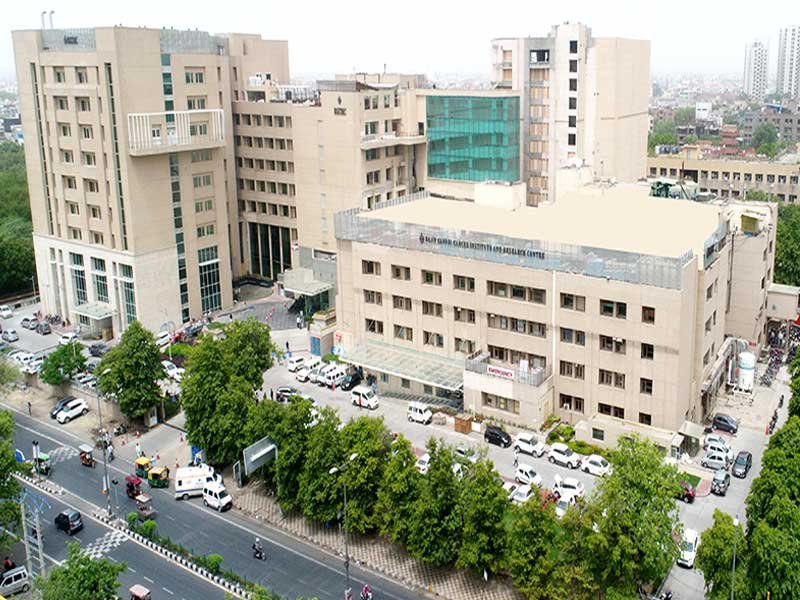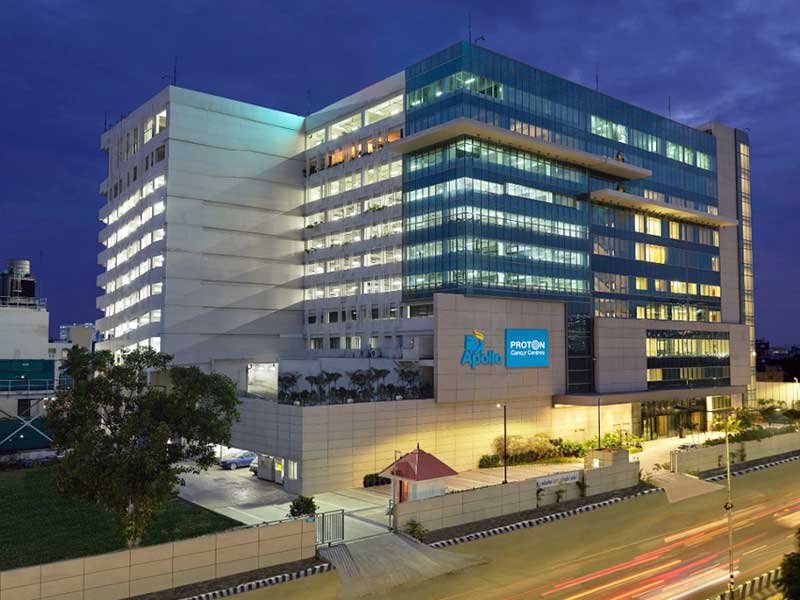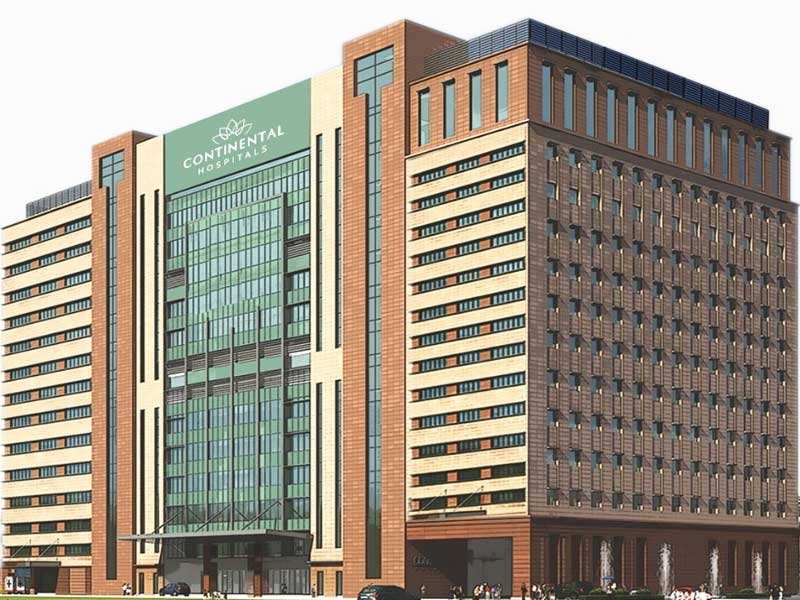What is RHEUMATOLOGY?
Rheumatology is a sup-speciality internal medical field that deals with the issues and diseases related to autoimmune diseases, soft tissues, joints and connective tissue disorders. Rheumatology essentially focuses on the study, diagnosis, prevention and treatment of rheumatic diseases.
WHAT ARE RHEUMATIC DISEASES?
Rheumatic diseases, commonly known as ‘Arthritic Diseases’ are inflammatory and autoimmune diseases that cause the immune system to attack the body parts like
Read More
What is RHEUMATOLOGY?
Rheumatology is a sup-speciality internal medical field that deals with the issues and diseases related to autoimmune diseases, soft tissues, joints and connective tissue disorders. Rheumatology essentially focuses on the study, diagnosis, prevention and treatment of rheumatic diseases.
WHAT ARE RHEUMATIC DISEASES?
Rheumatic diseases, commonly known as ‘Arthritic Diseases’ are inflammatory and autoimmune diseases that cause the immune system to attack the body parts like the joints, bones and muscles. Arthritis is an umbrella term to refer to over 100 diseases and medical conditions related to the bones, joints and muscles.
Who are Rheumatologists?
Rheumatologists are experts in disorders that affect the joints, muscles, bones, and immune system and diagnose and treat arthritis.
COMMON RHEUMATIC DISEASES:
Bursitis: Bursitis is a condition which causes pain and discomfort in the bursae (small sacks filled with fluid). The bursae are responsible for reducing friction between the moving parts in joints.
Infectious Arthritis: Various types of arthritis that form due to infections are categorised under Infectious Arthritis. Common infectious arthritis diseases are Lyme Disease and Parvovirus Arthritis. If not detected during the early stages, infectious arthritis can cause severe damage to the joints.
Gout: Microscopic crystals of uric acid develop on the joints and cause inflammation. This leads to the development of a type of Arthritis known as Gout.
Osteoarthritis: One of the most common types of arthritis is Osteoarthritis. It occurs when there is a breakage in the joints of a cartilage. This breakage causes pain and stiffness in the joints and also restricts the movements of the joints.
Ankylosing Spondylitis: This is a long-term chronic disease which is caused by inflammation in the joints and ligaments (in the spinal cord) which is responsible for the movement of the back. Ankylosing Spondylitis causes severe stiffness in the spine.
Osteoporosis: Osteoporosis is a medical condition in which the bone mass density decreases below the normal level. This causes the bones to become weak and fragile.
Polymyositis: This is a medical condition in which the muscles of the entire body are inflamed, eventually leading to various types of disabilities.
Tendonitis: Tendonitis is the condition in which the tendons connecting the bones to the muscles get inflamed. This is caused due to injuries, pre-existing rheumatic conditions and old age.
Spondyloarthropathies: Spondyloarthropathies refer to a group of diseases that affect the spinal cord, shoulders, hips and knees. The main symptom of these diseases is inflammation which causes pain and stiffness. Spondyloarthropathy diseases may be caused due to underlying medical conditions related to skin, eyes and mouth rashes.
Common Rheumatologic Procedures -
- Procedures for Diagnosis and Treatment
- Arthrocentesis.
- A closed synovial biopsy.
- Muscle-skeletal ultrasound.
- Needle biopsy of the muscle.
- Saliva gland biopsy.
- Evaluation of synovial fluid.
How to prepare?
- Have a description of the type (dull, sharp, achy, etc.), duration, and intensity of your symptoms ready.
- Over the course of the last week or two before the visit, keep a journal or symptom record.
- To bring to the appointment, compile copies of the results from your lab work, exams, and imaging.
What to expect?
A specialist nurse or doctor will summon you into their consulting room at the scheduled time. You should prepare for a clinical evaluation, which will often involve a number of inquiries and a physical examination. One or more questionnaires pertaining to your condition can be given to you.
Conclusion-
Clinical difficulties in joints, soft tissues, heritable connective tissue disorders, vasculitis, and autoimmune illnesses are among the maladies that rheumatologists treat. Due to the multidisciplinary character of this area, it is dependent on strong links with other medical specialties.
Show Less




































































